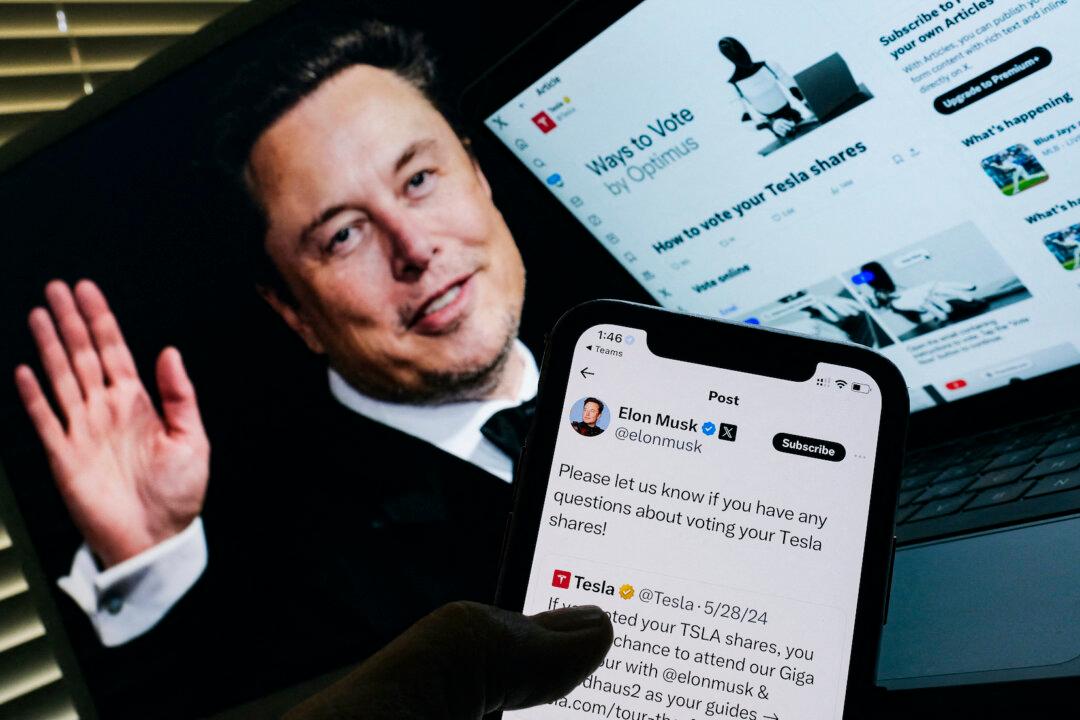The European Commission has denied involvement with its internal market regulator’s decision to send a warning letter to Elon Musk, owner of X, ahead of his platform’s interview with former President Donald Trump.
On Monday, Thierry Breton, the EU Commissioner for the Internal Market, sent a letter to Musk and X CEO Lina Yaccarino concerning the Trump broadcast, which took place that evening.





